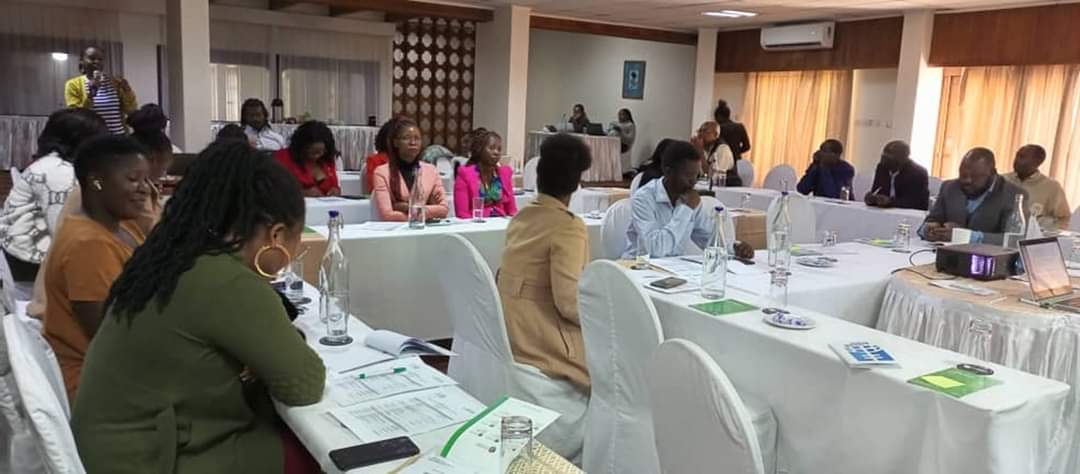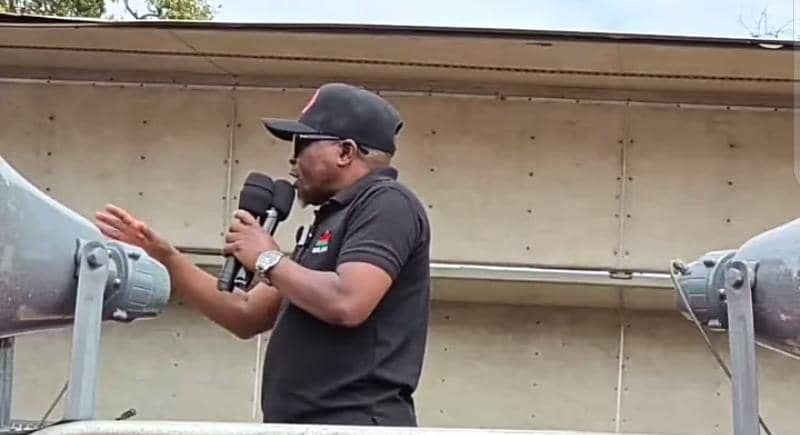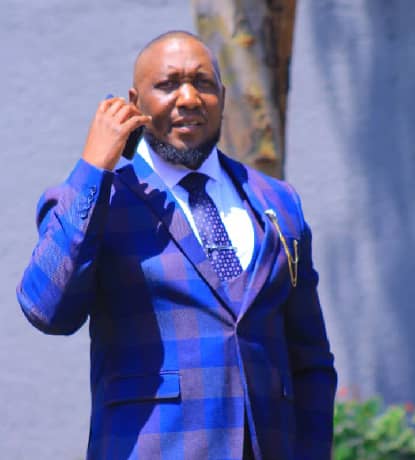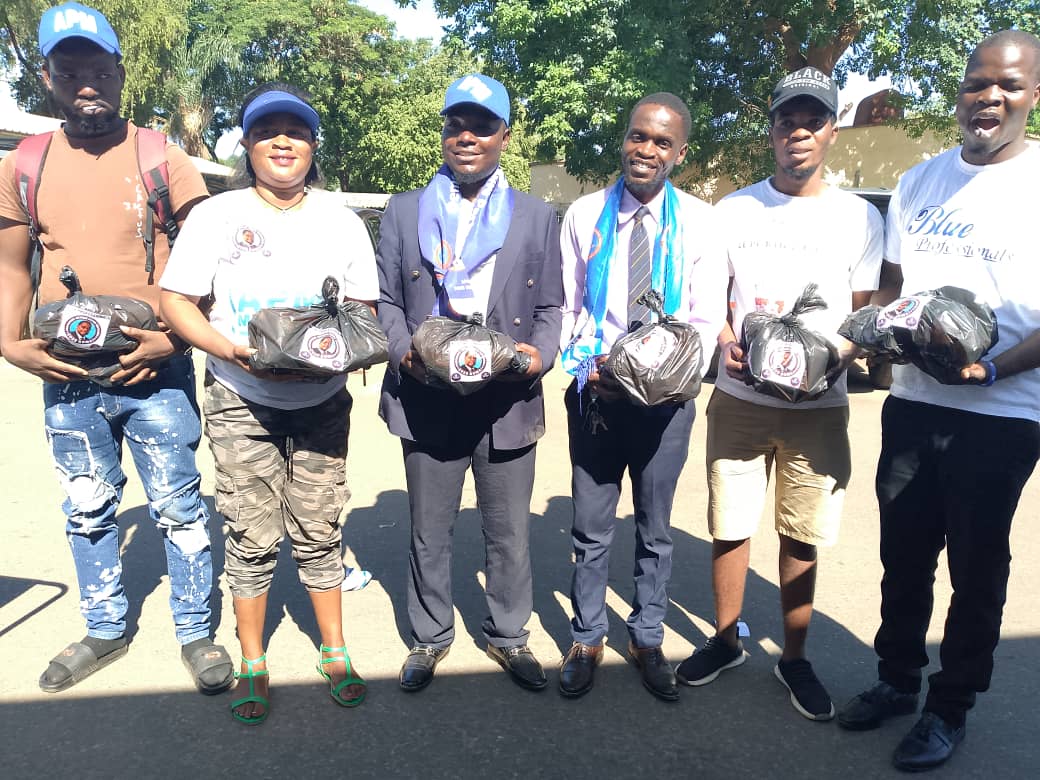UNFP Gender and Gender Based Violence Specialist, Beatrice Kumwenda on Thursday said that media has the responsibility to advocate for policy changes in where there are gaps in protection of survivors of sexual exploitation and abuse (SEA) during and after disasters.
Kumwenda was speaking in Mzuzu during a training which was co-organized by UN women and United Nations Population Fund for northern region journalists under Nyika Media Club on best practices in reporting SEA during disasters.
She said that there has been a gap on how journalists conduct themselves and report during disasters hence the need for the scribers to be oriented on basic SEA reporting.
“Malawi has been hit by various disasters during which women and girls were more vulnerable to abuse than others due to increased inequalities which are aggravated by such situations.
“It is during this time that the media has a crucial role not only to report on general challenges being experienced by survivors but to also identify the inequalities and highlight to the public the gaps that need to be addressed to reduce such vices,” said Kumwenda.
Deputy General Secretary for Association for Women in Media (AWOME), Towera Katswiri highlighted the importance of responsible journalism especially when reporting on issues of SEA.
“We have to be writing stories that can change lives and help curb issues such as rape and defilement and sexual exploitation among others.
We must go beyond reporting just to inform but to make reports that will inspire others to take action against norms and practices that fuel victimisation of women and girls,” Katswiri said.
Katswiri then commended UNFP and UN Women for the training saying that the media has a huge role during and after disasters but lack expertise on how to better report on the same.
The training session is part of UN Women’s broader efforts to combat SEA and promote a culture of accountability and respect for human rights.




